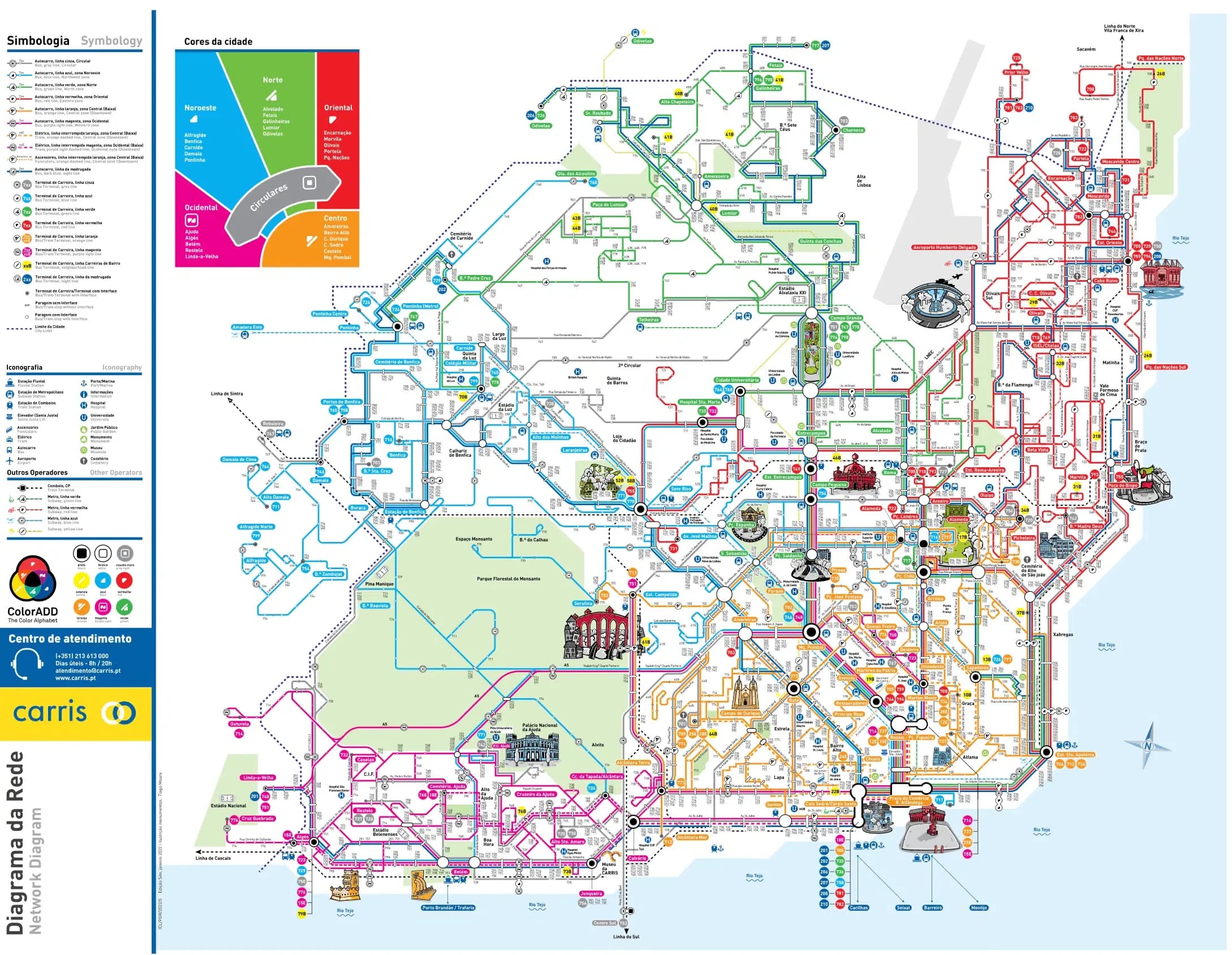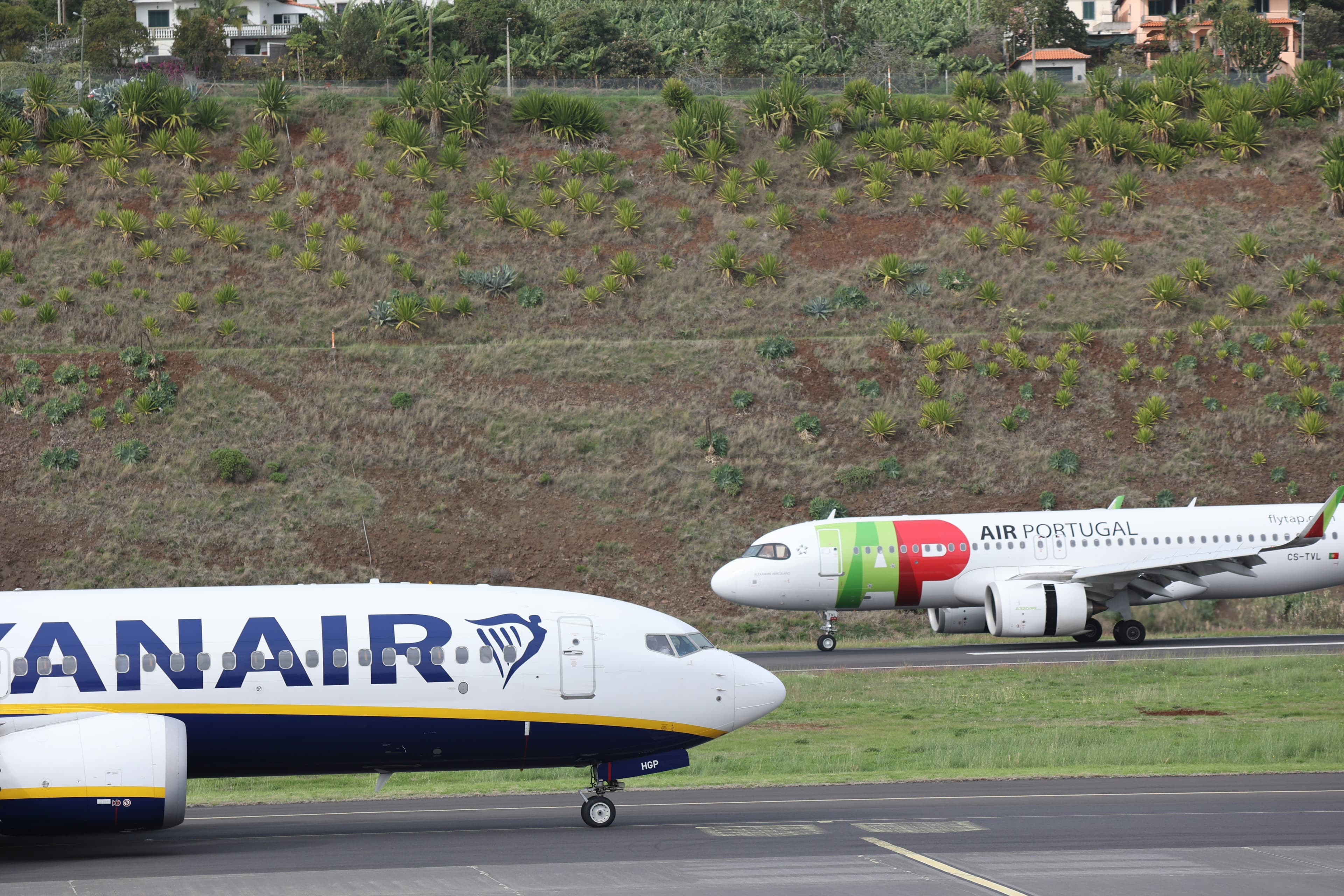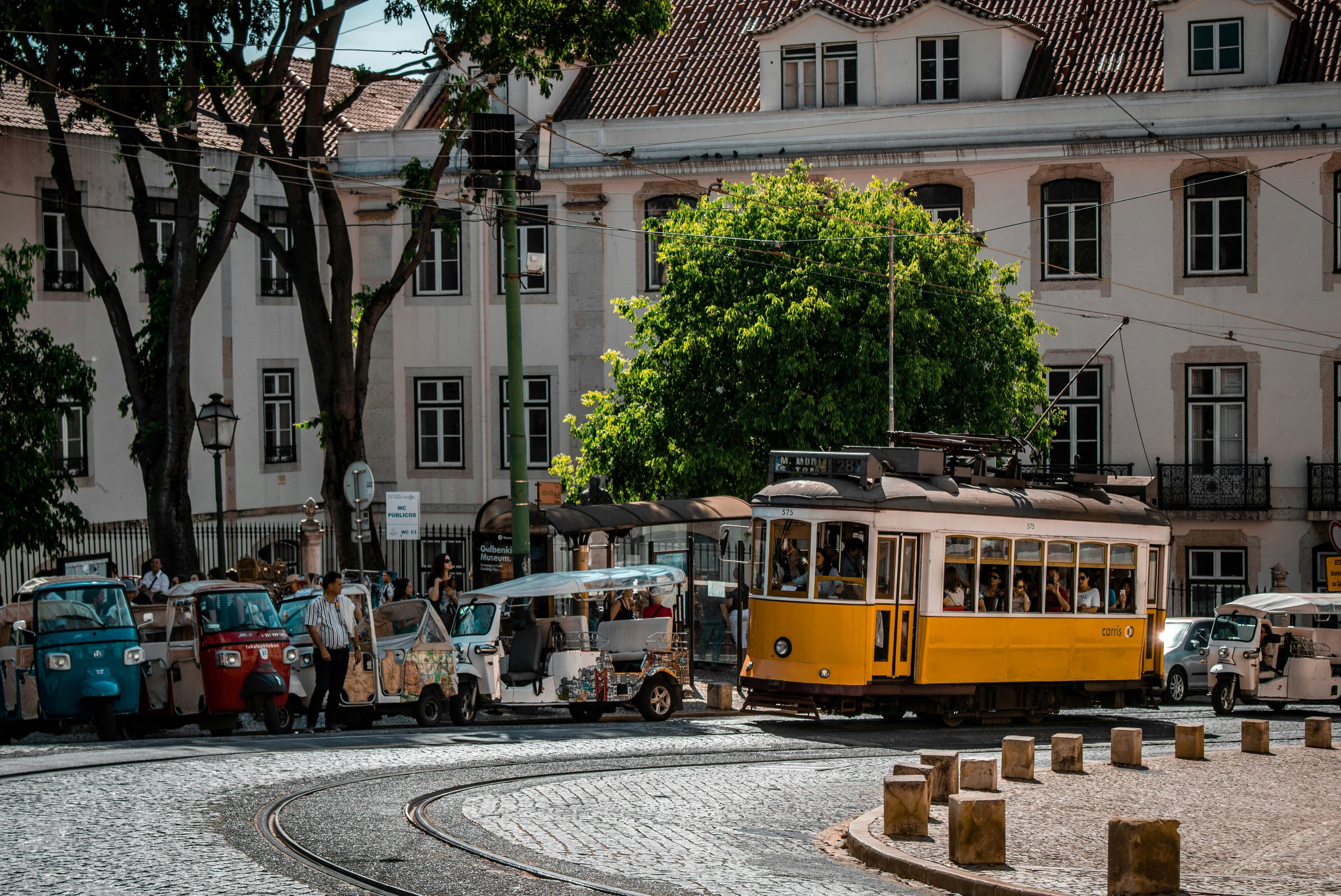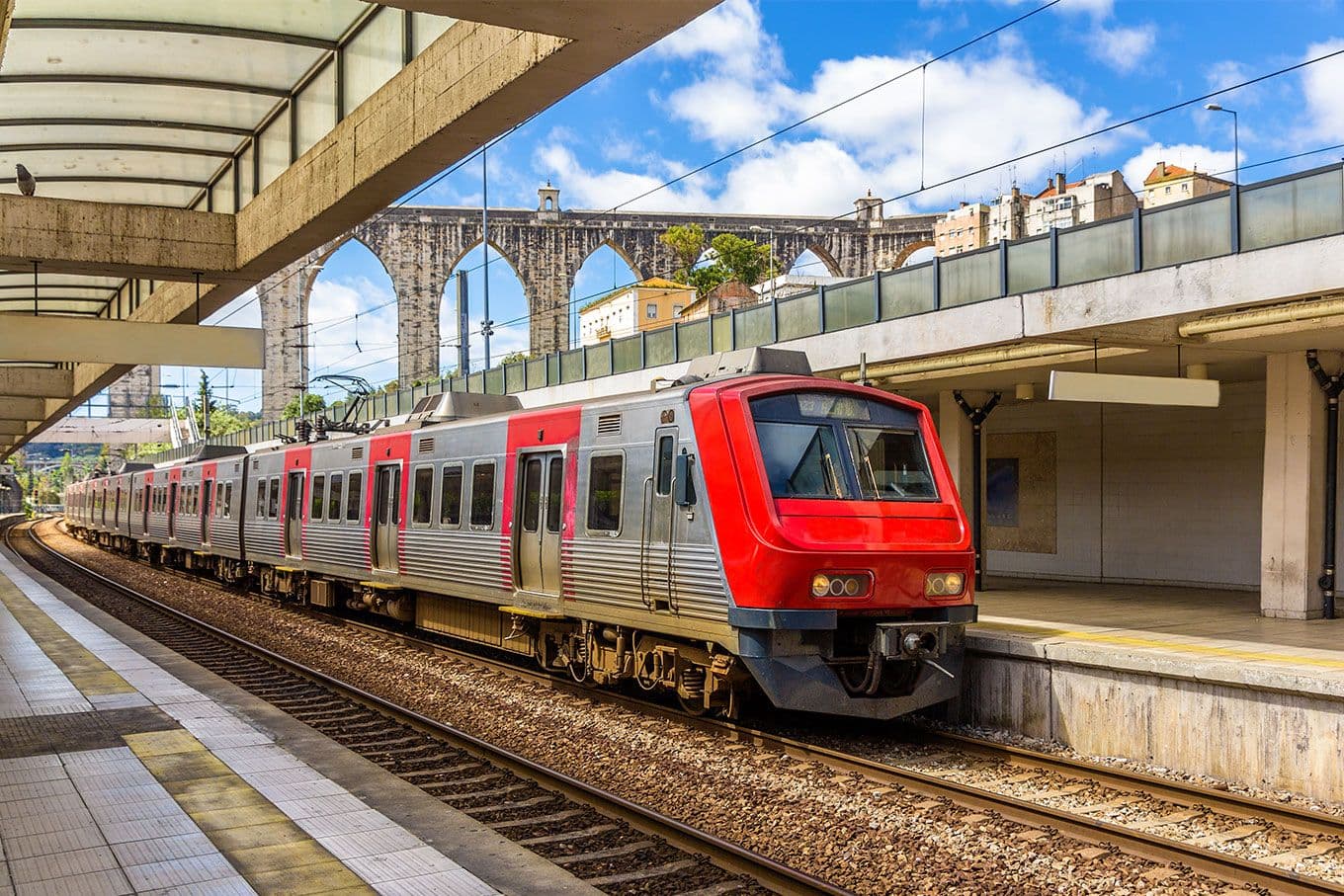
Long-Distance Buses: Rede Expressos, FlixBus and Other Companies
Travel across Portugal without spending too much: an overview of long-distance bus companies and their advantages.
Travelling by bus in Portugal has become, in recent years, a true alternative to trains or cars. Between national routes and international companies, the network is dense, efficient, and often very affordable. Rede Expressos, FlixBus, Alsa, and CitiExpress crisscross the country from north to south and also connect major European capitals. Here’s a guide to understanding how these companies work and why they appeal so much to travellers and expats alike.
A Well-Organized Network
Portugal has an excellent road network. Its modern highways allow buses to cover long distances quickly.
The main bus terminals in Lisbon, Porto, Coimbra, Faro, and Braga are well connected to metro and train lines, making transfers easy.
Portuguese bus companies have adapted to modern travellers’ expectations: comfort, punctuality, free Wi-Fi, reclining seats, and air conditioning have become standard.
Long-distance buses are no longer synonymous with slowness or discomfort, but with efficiency at a low price.
Rede Expressos: The National Backbone
It’s impossible to talk about bus travel in Portugal without mentioning Rede Expressos.
Founded in 1995, this company is the national benchmark. It serves more than 300 destinations, connecting all major cities and many smaller towns.
Rede Expressos buses are modern, comfortable, and very reliable. Tickets can be purchased online, through the mobile app, or directly at the station.
Prices vary depending on the time and route but remain affordable: a Lisbon–Porto trip generally costs between €5 and €15, depending on the season.
The network is particularly appreciated for its consistency: several departures per day on each route, even on weekends and holidays.
For expats living outside major cities, Rede Expressos is often the most practical way to reach Lisbon or Porto without a car.
FlixBus: The International and Low-Cost Option
The FlixBus company, originally from Germany, quickly established itself in Portugal.
It connects Portugal’s major cities and offers routes to many European destinations, such as Madrid, Seville, Paris, Barcelona, and Brussels.
FlixBus attracts passengers with its very competitive prices and its fully digital booking system.
The buses are modern, equipped with Wi-Fi, USB ports, and a live tracking app.
For young travellers and digital nomads, FlixBus is often the ideal choice for its balance between quality, price, and flexibility.
However, comfort can vary depending on the route and local operators, as FlixBus partners with different regional companies.

Alsa and Other International Companies
The Spanish company Alsa also operates in Portugal, mainly for routes to and from Spain.
It offers frequent connections between Lisbon, Porto, Madrid, and Seville, often in partnership with Rede Expressos.
The buses are comfortable, air-conditioned, and stop at centrally located terminals.
Other operators, such as Eurolines or Omio (via partner platforms), also offer routes between Portugal and other European countries at attractive prices, especially in the low season.
Comfort, Fares, and Practical Tips
Long-distance buses in Portugal are among the most affordable in Western Europe.
Prices vary depending on the season, but it’s common to find tickets between €4 and €10 for several-hour journeys.
Booking is easy and done online, and some companies offer discounts for young people, students, or residents.
A few practical tips:
- Arrive 15 to 20 minutes before departure, as buses often leave on time.
- Print or download your ticket, even though most accept QR codes.
- Bring a light jacket: air conditioning can be strong.
- And most importantly, book ahead for weekends or holidays, as buses tend to sell out quickly.
The Bus as an Eco-Friendly Choice
Travelling by bus is also an environmentally friendly choice.
Portuguese companies regularly renew their fleets to reduce emissions and improve energy efficiency.
Rede Expressos and FlixBus are introducing more low-emission vehicles and offsetting part of their carbon footprint.
For a medium-sized country like Portugal, the bus often represents the best balance between ecology, comfort, and cost.
It’s also a pleasant way to enjoy the Portuguese landscape: the green hills of the north, the plains of the Alentejo, or the coastal roads leading to the Algarve.
Conclusion
Long-distance buses are no longer just a means of transport, but a true gateway to Portugal.
Rede Expressos represents national reliability, FlixBus international mobility, and Alsa the natural connection to Spain.
For travellers and expats alike, it’s an economical, practical, and eco-friendly solution.
In a country where every region has its own character, boarding a bus is already the beginning of the journey.
Share this article
Suggested articles

Transport Cards (Viva Viagem, Andante) Explained
Travelling in Portugal also means learning how to move smoothly through its transport systems. In both Lisbon and Porto, two main cards rule the urban networks: Viva Viagem and Andante. Both appear simple, yet they can be confusing for newcomers. Here’s a clear guide to help you understand how they work and avoid common day-to-day mistakes.

Uber, Bolt & Taxis: How to Move Around Efficiently
Getting around Portugal has never been easier. Between traditional taxis, ride-hailing apps like Uber and Bolt, and local alternatives, the country offers a wide range of options to travel comfortably, whether you are a resident, tourist, or expat. But each solution has its advantages, fares, and particularities. Here’s a guide to understanding how to move around efficiently every day, from Lisbon to Porto, without stress.

TAP Air Portugal : the national airline between tradition and modernity
Picture this: you’re boarding a plane painted in Portugal’s colors, bound for Lisbon or Porto, and your adventure is already beginning! Because yes, choosing Portugal’s national airline isn’t just about the flag on the tail, it’s also (and above all) about history, a touch of Portuguese charm, and some surprisingly good opportunities. Here’s my little tour of TAP Air Portugal what you should know, why it’s worth considering, and a few insider tips to keep handy!

Ferries and Boats: Crossings in Lisbon, Algarve and the Azores
Portugal isn’t discovered only by road or rail. Bordered by the Atlantic Ocean and crossed by majestic rivers, the country also offers an extensive network of ferries and maritime connections linking cities, beaches, and islands.

Tram 28 in Lisbon : useful or tourist trap?
Ah, Tram 28… that little yellow tram winding its way through Lisbon’s narrow streets, wooden cabin, squeaky brakes, sharp turns… I’m pretty sure you’ve already seen it (at least in a photo!). But here’s the real question : is it truly a must-do, or just another tourist cliché to tick off before moving on ? Let’s talk about it, the highlights, the “watch out” moments, and how to really make the most of it.

Traveling by Train with Comboios de Portugal : smart, comfy… and often cheaper than you’d think
You’ve had that moment, right ? The urge to escape routine, change scenery, hop on a train, and just arrive somewhere, gazing out the window instead of staring at a screen or gripping a steering wheel. Well, good news: if you’re in Portugal (or planning a sunny getaway), Comboios de Portugal (or CP for short) is your new best friend. Super practical, surprisingly affordable, and yes, I’ll show you how to make the most of it.


